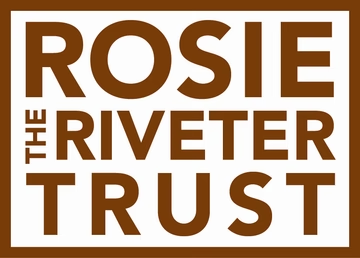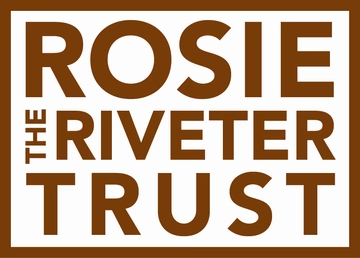Many visitors to the Park, even residents of Richmond, are unaware of the rich and important history of the Rosie's and their contribution to the home front during World. War ll. In production currently, this short documentary will complement the existing educational exhibits and films shown at the Visitor Center (with the opportunity to. have it available online). The film will explore the Wwll home front experience through the voices of the women, known as Rosie's, who worked in Richmond during This handful of Rosies are the same women who we call "Our Rosie Ambassadors" have been coming to the Visitor Education Center weekly for over a decade meeting. with visitors, telling their stories and answering questions - a highlight of the Park's programming. Capturing the oral histories and documenting their time as Rosie. Ambassadors now, is time sensitive, as few Rosie's are left to communicate their experiences. The Trust would like to see this documentary as the first in a series of short films that document oral stories of marginalized and unheard voices from the Wwll home front that have contributed to the distinctive culture and history of. California such as interned Japanese Americans, the Native American and the Hispanic community. This documentary is funded in part by the Fund for People in Parks.












